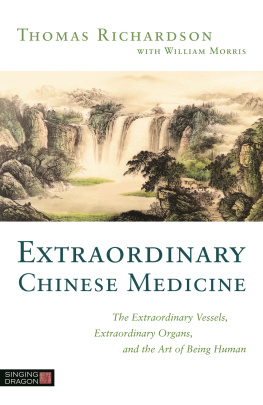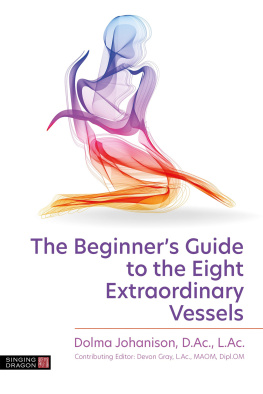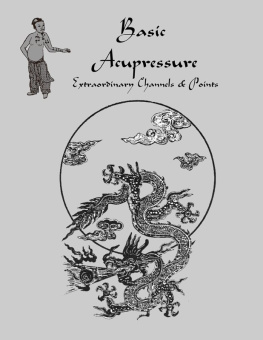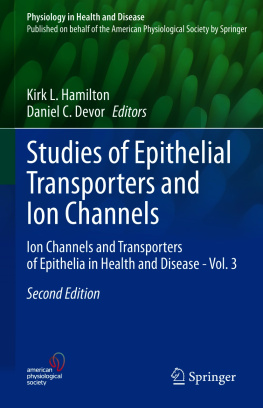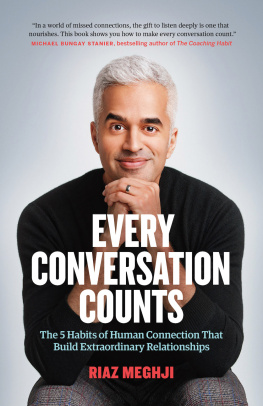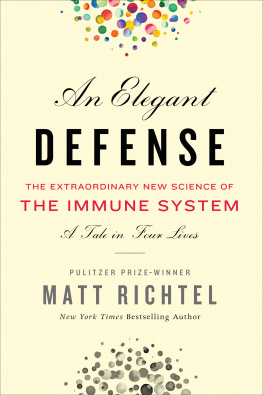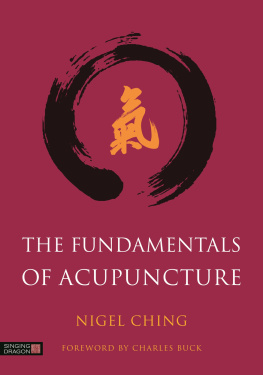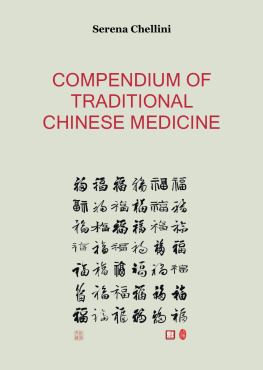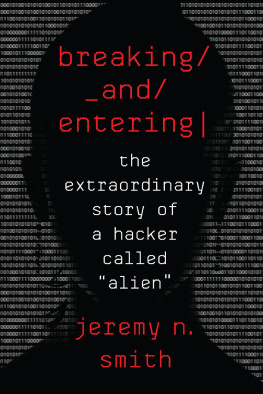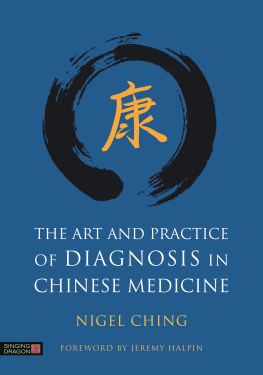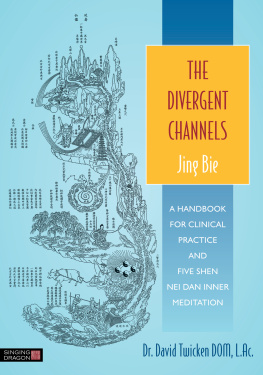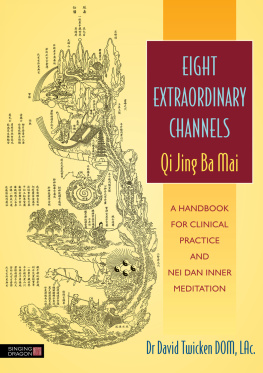
E XTRAORDINARY
C HINESE M EDICINE
The Extraordinary Vessels,
Extraordinary Organs,
and the Art of Being Human
T HOMAS R ICHARDSON
with William Morris

C ONTENTS
F OREWORD
For starters, I believe this book presents groundbreaking material, rooted in good Chinese medical thought. Not reproductive knowledge, but rather this is a creative piece which possesses the spark of genius. I am not certain which day the muse visited Thomas, but it clearly took place.
I see this book as part of the second wave of conscious evolutionary work in Chinese medicine in the West. The first was when this medicine exploded in the USA during the 1970s. Then the field dug into translational work, building knowledge, credibility, and improvement of the educational systems for Chinese medicine in the United States. These developments have led us to this juncture where syncretic works like this are a possibility.
Thomas and I met in the spring of 2006. The setting: a school of Chinese medicine surrounded by koi, lilies, a gazebo, a bridge, and oak trees. It was an environment conducive to inspired dialog, and our musings wandered over the matters of theory and practice.
While I served as president, I was insistent that I keep my skills as a practitioner and teacher. Thus, Thomas and I worked together in the clinic and the classroom. He attended my intensives on pulse diagnosis and eventually assisted. Upon leaving school, his practice was immediately successful.
I developed insight into mentormentee relations while attending the University of Southern California program on medical education. The program directors research area was mentormentee relations. The core factor in the process is that the mentor has to ensure the safe harbor of the relationship as the mentee attains professional standing and makes contributions to the field. This experience sensitized me to the need to nurture and support my relationship with Thomas, which has proven fruitful, as can be seen by the contents of this book.
Before turning to this book and Thomass work, in particular, I would like to situate the conversation into an American history of acupuncture since this syncretic work is that of a white male practicing in the USA.
Benjamin Franklins great-grandson was one Dr. Franklin Bache, who was born in Monticello, Virginia, in 1801. He graduated from the medical department at the University of Pennsylvania in 1823, ultimately serving as medical director and Commodore for the US Navy. Franklin Bache had a great passion for acupuncture, gaining access to the French practitioners who brought the practices back to Europe. He actively promoted acupuncture and its research early in his career circa 1825.
By the end of the 19th century, one of the four founding professors of Johns Hopkins Hospital, a Canadian by the name of Sir William Osler, promoted the use of acupuncture for lumbago. He further developed an appreciation for acupuncture and Chinese medical thought among the Johns Hopkins community in his lecture series which became the book Practice of Medicine , published in 1897.
As the story goes, in 1971, James Reston, a reporter for The New York Times , received surgery for appendicitis while on Nixons China trip. His postoperative pain was relieved by acupuncture at the Anti-Imperialist Hospital in Beijing. Nixons physician, Dr. Walter Tkach, was so impressed with the treatments he saw in China that he encouraged the National Institutes of Health to set up the Ad Hoc Committee on Acupuncture, with an acupuncture research conference held the following year. The high-level governmental focus on acupuncture created a wave of interest, whereby research began at Los Angeles medical schools at the University of Southern California and University of California, Los Angeles (UCLA). That interest soon faded as the physician-researchers untrained in acupuncture had difficulty getting it to work. These activities were a prelude to the advent of schools for acupuncture shortly to come.
Dr. Homer Chang chartered the Sino-American Rehabilitation Association in 1969 which became SAMRA University and operated as a training center for Traditional Chinese Medicine (TCM) missionaries in 1972. A little later, a group of disbanded researchers from UCLA gathered under James Tin Yau So in Boston to form the first state-approved acupuncture school at the New England School of Acupuncture in 1974.
During the decade of unrest, acupuncture exploded into the consciousness of northern Americans. Youth experimented with mind expansion through chemicals and meditative practices. The idea of acupuncture enfolded into a period focused on conscious evolution.
The wave of acupuncture as a discipline in the West gained licensure, and in 1996 the US Food and Drug Administration reclassified acupuncture needles from the investigative category to an accepted medical instrument. These changes led to another explosion of acupuncture and, subsequently, more focus upon translation of texts and a further professionalization of the practice.
Arriving now at the current moment, I believe the practice of acupuncture as an American discipline is experiencing a recursion of the spiritual impact of acupuncture, and Thomas Richardson is an agent of this social movement as medicine.
When Thomas introduced his idea about connecting the eight extraordinary vessels with the cycling of nutrient qi , his palpable excitement struck me fast and hard. I made a determined effort to encourage the inspiration Thomas expressed. I encouraged him to root the citations within the Han Dynasty lore, which provide the canonical locus of such thought. He pursued that recommended focus, and throughout the years I have participated with him in his creative explorations of this work.
Thomas engages creative inquiry with passion and discipline. I wanted to encourage his creative efforts, as Chinese medicine in the West often takes on the values of direct translation and accurate reproduction of the knowledge transmissions across cultures. Contrarily, creative inquiry requires discipline, which requires operating from a transdisciplinary perspective.
Extraordinary Chinese Medicine is a pearl ground in the currents of inspiration, literate discourse, and practice. The poetic passages drew me in, and the images explicate deep problems of theory with beauty.
This book presents a refreshing exercise born of realization. It is a powerful book borne of the internal practices that Thomas has engaged in combination with his continued studies of Daoist thought at Harvard Uni-versity. This bricolage has brought new perspectives upon the problems of theory and practice in Chinese medicine. The ideas contained herein are rooted in classical lore and as such bear the imprint of a research discipline that I call contemplative hermeneutics. Distinct from a hermeneutics of contemplation, where the study focuses upon materials arising during a meditative state, contemplative hermeneutics denotes the focus upon textual passages during contemplation.
The contemplative hermeneutical practices in which Thomas has engaged to develop the contents of this book take place at the intersection of contemporary practice, Daoist thought, and the Han Dynasty canonical lore, thus qualifying this book as a transdisciplinary effort.
Thus, Thomas has approached this book with rigor, openness, and tolerance. He has expressed rigor in his thesis, taking into account existing information in the field and exploring the resources available at Harvard, and his openness demonstrates an acceptance of the unknown, the unexpected, and the unforeseeable.
Next page
